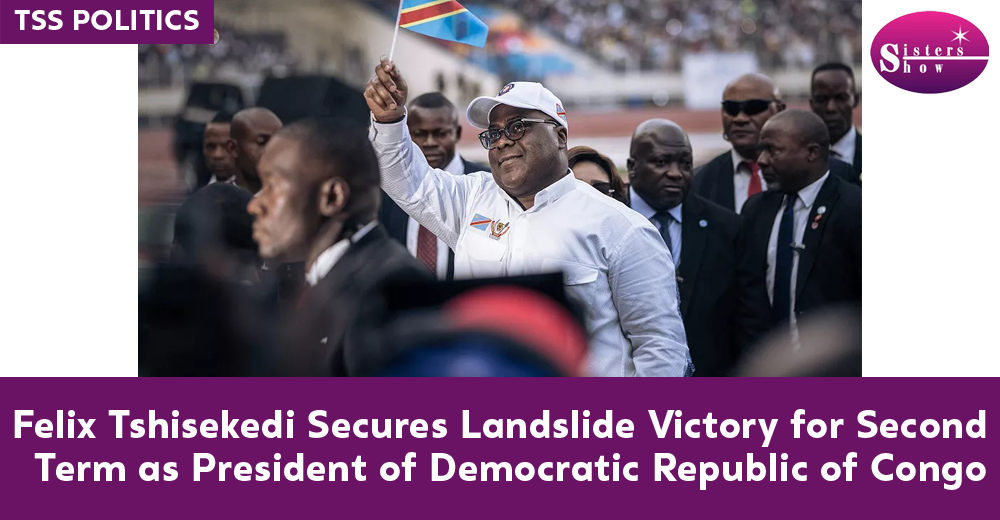
In the aftermath of the Democratic Republic of Congo’s election, President F��lix Tshisekedi emerges as the frontrunner, securing over 73% of the vote. Businessman Moise Katumbi trails behind with 18%, followed by Martin Fayulu at 5%. Nobel Peace Prize laureate Denis Mukwege garners less than 1%. With a notable 40% turnout, over 18 million people participated in the electoral process, signaling a significant engagement from the Congolese populace.
The election, however, is marred by logistical challenges, including delayed or non-opening polling stations, material shortages, and issues with illegible voter cards. Notably, the extension of voting into a second day, deemed illegal by local observers and civil society organizations, adds complexity to the electoral landscape. Opposition candidates, including Katumbi, express rejection of the results, urging the population to mobilize against what they perceive as a flawed process.
Election chief Denis Kadima announces that the results will be submittedthe constitutional court for confirmation, initiating a period of potential legal challenges. Opposition candidates have a two-day window to submit their claims, and the constitutional court then has seven days to make a decision. The final results are expected on January 10, with the president scheduled to be sworn in at the end of that month.
Given Congo’s history of disputed elections with the potential for violence, there is a palpable lack of confidence in the country’s institutions. Before the official announcement, opposition figures, including Fayulu, vehemently denounce the election as a farce, challenging its validity. Earlier in the week, clashes erupted between Fayulu’s supporters and police officers, underscoring the tension surrounding the electoral outcome. As the nation awaits the final verdict, the political landscape remains tense, with the potential for further upheaval.




